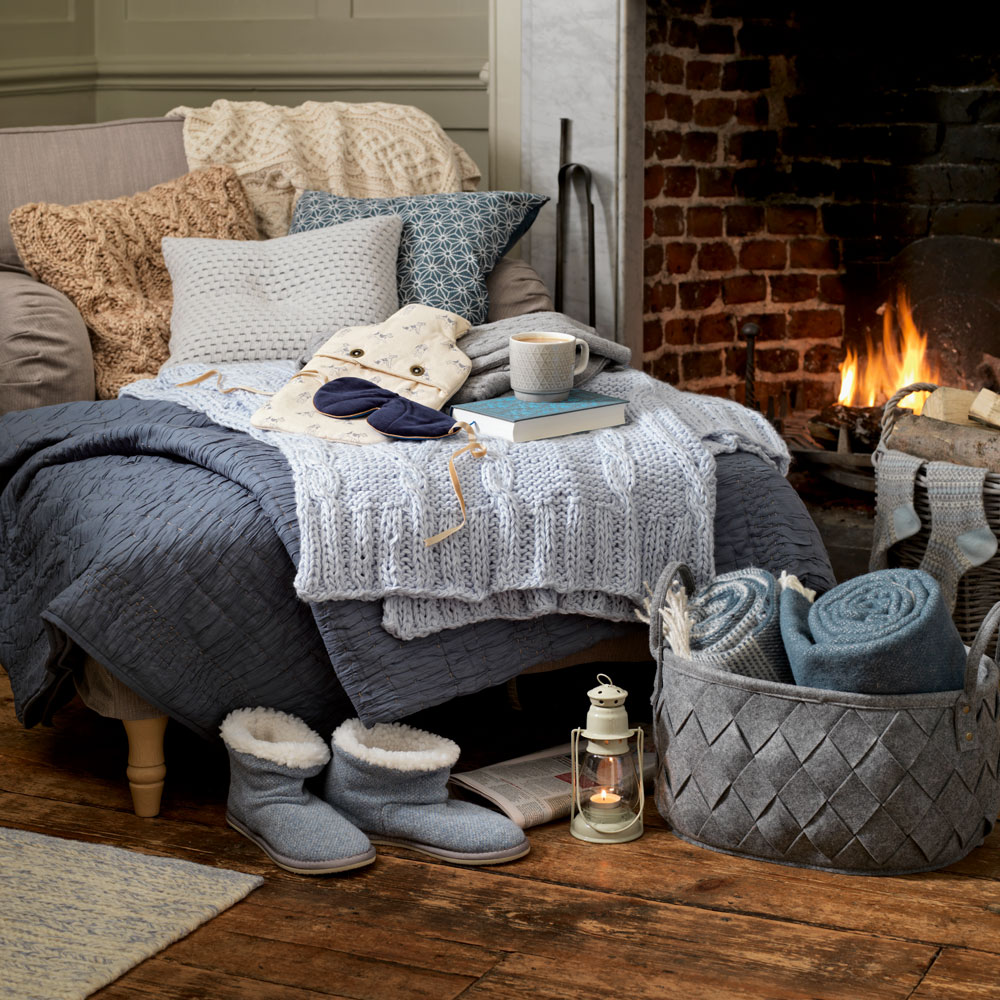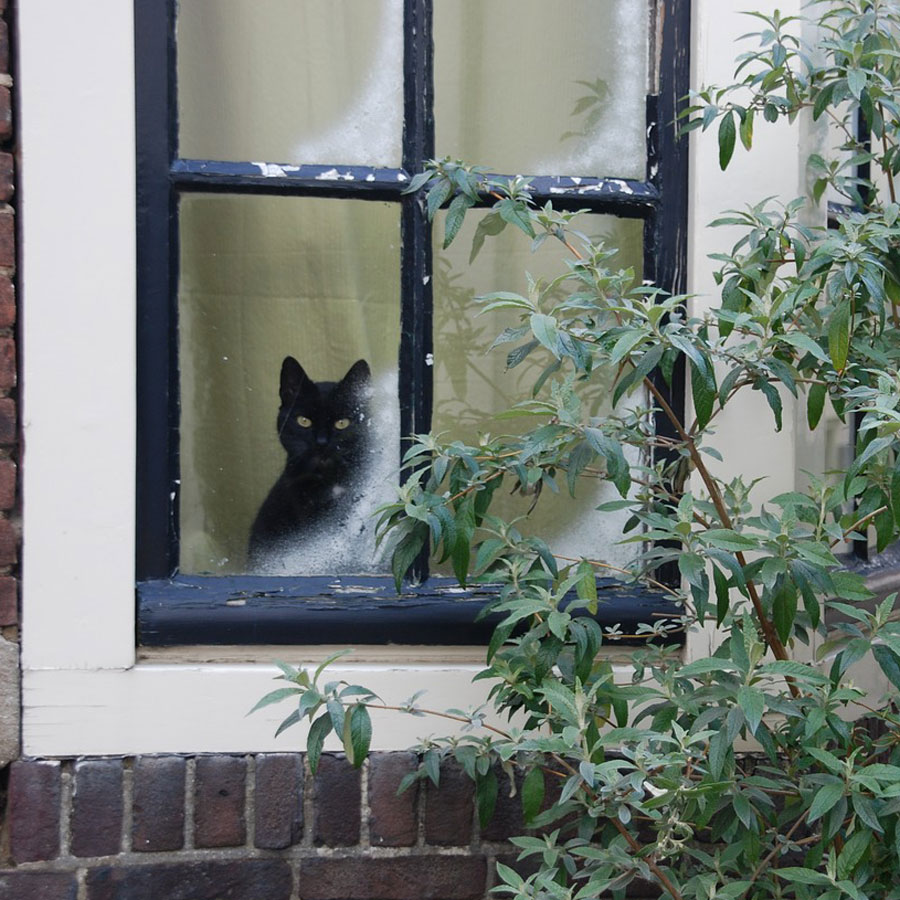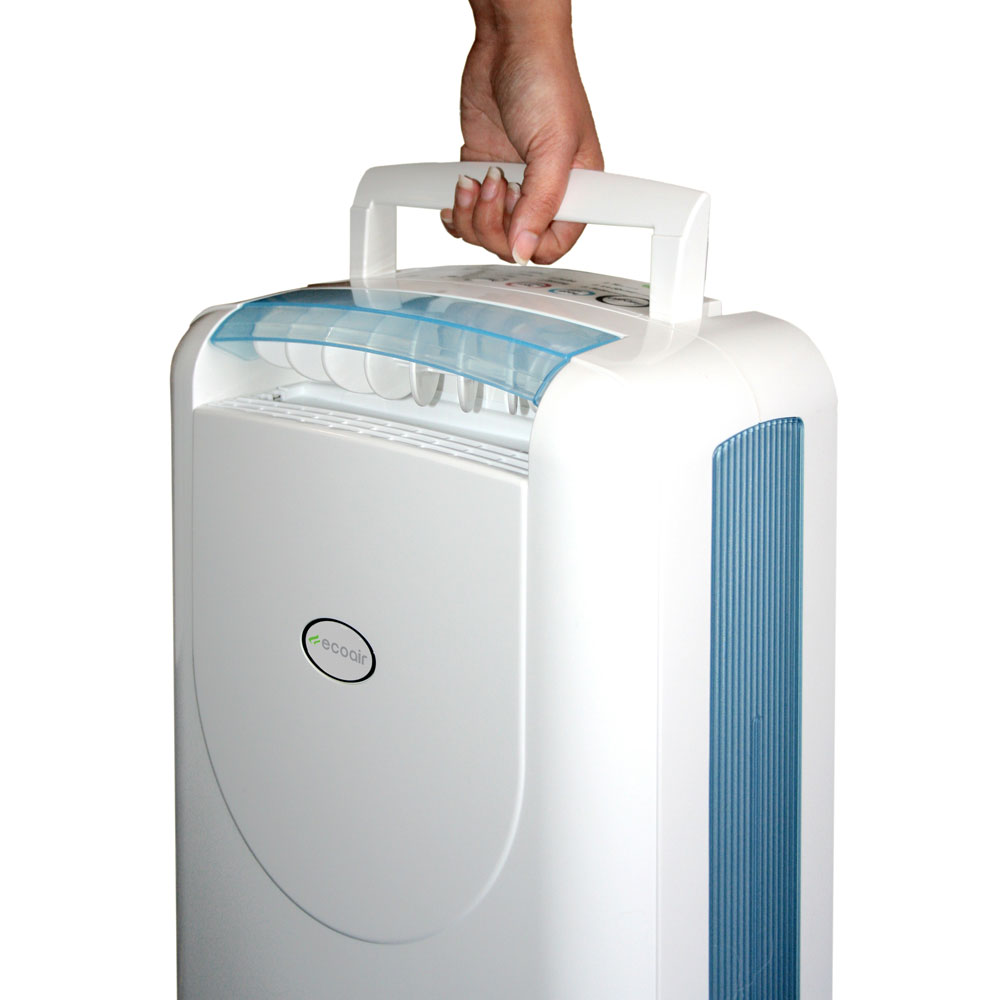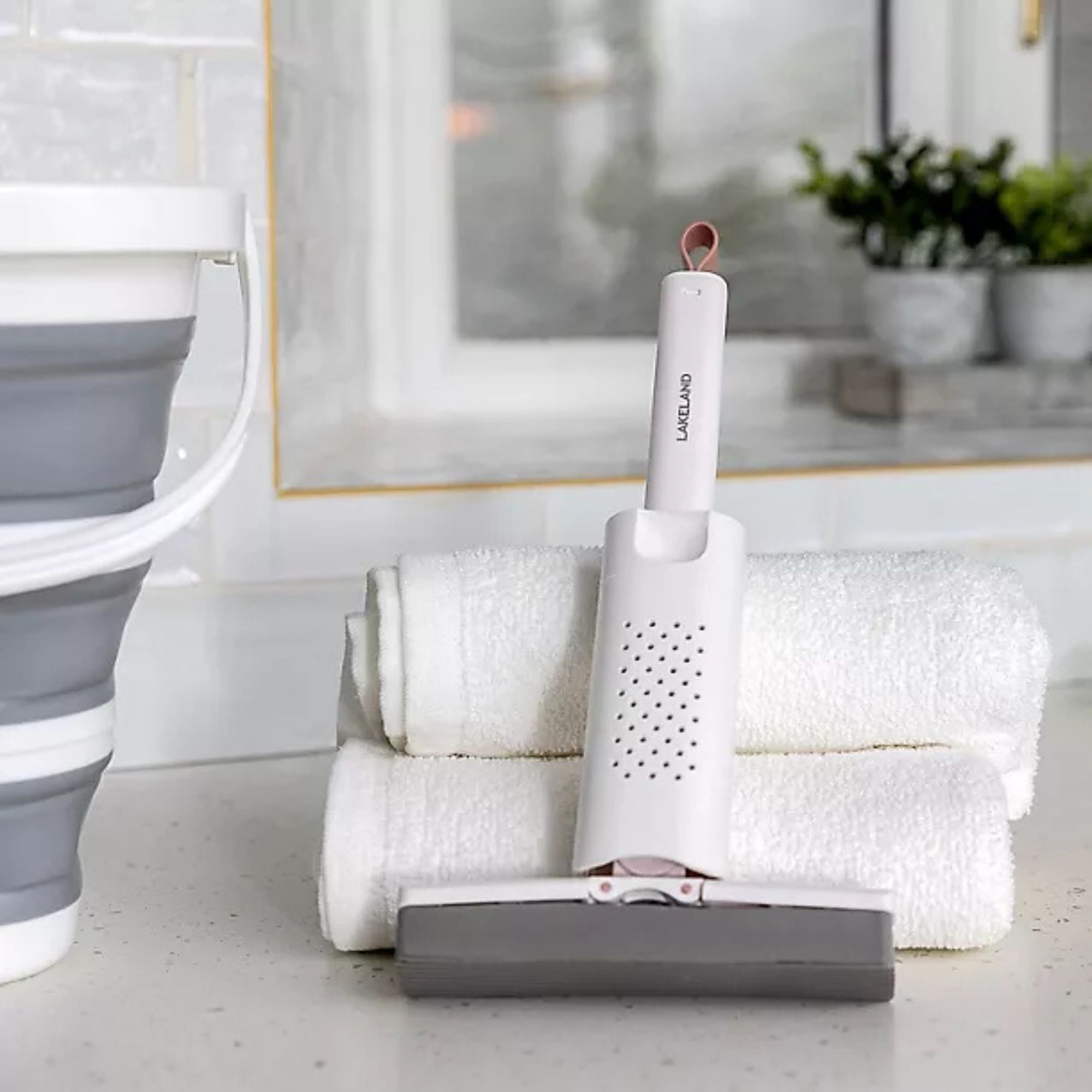Are you clueless when it comes to detecting humidity in the home?
79 percent of Brits have lived in a property affected by condensation, damp or mould
With the cold weather now well and truly upon us, it’s inevitable that we’ll reach for the thermostat, crank up the heating and close windows and doors in an attempt to keep the environment toasty for the next few months. Seems like the right thing to do, however, comfort-obsessed Brits could be turning a blind eye to the invisible dangers of humidity that come with living in a warm and under-ventilated living space.
New research, commissioned by Ecoair, shows that despite 79 percent of Brits having lived with damp, mould or condensation in their property, over one in five (21 percent) are unaware of the issue of excess moisture in their homes, which can have serious effects on health. What’s more concerning is that 17 percent don’t believe humidity can have any negative impact on our health at all.
Do you have a damp problem in your home? READ: How to get rid of damp, condensation and mould
Ecoair co-founder and MD, Sally Fok, provides expert guidance and analysis of the research findings to ensure a healthier, humidity-free home this winter:
Why are our homes more humid in the winter?

By turning on the heating and closing doors and windows during winter, we significantly reduce air circulation, causing moisture generated inside to become trapped indoors. Moisture from rain and melting snow can also enter our home through windows, floors or walls - particularly in older buildings.
In the meantime, condensation of moisture on cold surfaces such as windows, ceilings, floorboards and walls, due to the difference between indoor and outdoor temperatures, is a major cause of trapped excess moisture in all homes throughout the winter.
Do you suffer from allergies? READ: Keep your home healthy by cutting down on allergens
How are we exacerbating the problem?

A huge majority of us are inadvertently making the problem worse and therefore putting our health at risk. It’s a common misconception that turning the heating up will reduce humidity, however, warm air carries more moisture!
Humid air in a warm interior will find any colder surface, such as windows or walls, to condense, generating more condensation. Closing windows and curtains, air drying or hanging laundry on the radiator, taking long baths or showers, blocking vents, draughts or gaps, boiling the kettle, cooking, even breathing… can all contribute to the build-up of excess moisture in our homes.
Why is humidity dangerous and what are the signs?
Airborne microorganisms thrive in humid conditions. The survival and breed rate of bacteria, viruses or dust mites for example, will escalate as soon as humidity levels rise above 60%. This level of humidity is not at all uncommon in UK homes during the colder wetter winter months and the visible signs do not necessarily present themselves immediately.
Visible signs of humidity include damp, mould, mildew, condensation, rotting or warped wood, peeling paint… If these are present, humidity in your home is way above optimum levels, so it’s vital to act quickly. As well as risking your health, you’ll likely also end up with costly damage repair bills.
Why is humidity particularly dangerous for children?

Children have weaker immune systems so there is an increased chance of them catching infections. Bacteria and viruses thrive and spread rapidly in a humid environment, so once an infection is brought home by any member of the family, excess moisture present in the air will increase the risk of everyone else in the house becoming infected.
A humid environment will also aggravate existing conditions such as asthma or eczema and can trigger numerous allergies. So to keep children healthier and defend against winter bugs during the colder months, it is strongly advisable to check humidity levels and ensure they remain below 60%.
How can we monitor the levels of humidity in our homes?
Moisture levels can be measured by using a hygrometer. These are widely available online, inexpensive and will provide peace of mind. Any reading above 60% and it’d be strongly advisable to take steps to address the problem. It’s important to test all living spaces; it may be that the excess moisture only occurs in specific rooms.
How can we protect ourselves against excess moisture build up?

Ventilate. It is SO important. Good air circulation – even in winter - will allow excess moisture to escape and is key to warding off illness. Open windows regularly and use vent fans every time you are cooking and after taking a shower or bath. Allowing the air to circulate is a quick way to release trapped humidity.
For those looking for a more immediate and controlled solution or in the case where humidity is continually showing levels higher than 60%, the best dehumidifiers can successfully restore and maintain the correct moisture levels in the home by extracting moisture from the air. Once humidity levels in the home are brought down to below 60%, airborne bacteria and viruses will not only stop breeding, but will struggle to survive.
To control heavier cases of condensation on windows, damp or mould, it is advisable to bring the humidity down to 40% during the winter months.
How are you protecting your house from humidity this winter?
Get the Ideal Home Newsletter
Sign up to our newsletter for style and decor inspiration, house makeovers, project advice and more.
Jennifer is the Deputy Editor (Digital) for Homes & Gardens online. Prior to her current position, she completed various short courses a KLC Design School, and wrote across sister brands Ideal Home, LivingEtc, 25 Beautiful Homes, Country Homes & Interiors, and Style at Home.
-
 I’ve been using Lakeland’s new £5 mini mop as a shower squeegee, window cleaner and damp duster — it’s the ultimate multi-purpose cleaning tool
I’ve been using Lakeland’s new £5 mini mop as a shower squeegee, window cleaner and damp duster — it’s the ultimate multi-purpose cleaning toolYep, I've added this new mini cleaning tool to my collection
By Lauren Bradbury
-
 This old dairy barn was brought back to life and is now an amazing home
This old dairy barn was brought back to life and is now an amazing homeIt's brilliant blend of old and new in West Sussex
By Sara Emslie
-
 The red creeping thyme lawn is a beautiful new take on traditional grass – here's how to grow one
The red creeping thyme lawn is a beautiful new take on traditional grass – here's how to grow oneIt's effortless and unique
By Sophie King